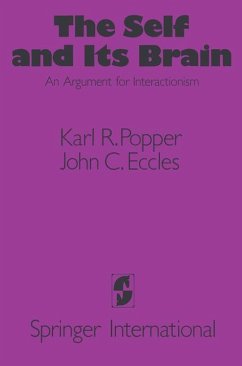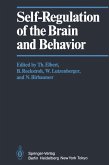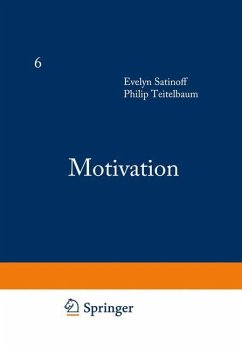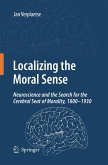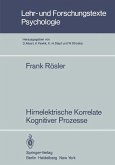The problem of the relation between our bodies and our minds, and espe cially of the link between brain structures and processes on the one hand and mental dispositions and events on the other is an exceedingly difficult one. Without pretending to be able to foresee future developments, both authors of this book think it improbable that the problem will ever be solved, in the sense that we shall really understand this relation. We think that no more can be expected than to make a little progress here or there. We have written this book in the hope that we have been able to do so. We are conscious of the fact that what we have done is very conjectur al and very modest. We are aware of our fallibility; yet we believe in the intrinsic value of every human effort to deepen our understanding of our selves and of the world we live in. We believe in humanism: in human rationality, in human science, and in other human achievements, however fallible they are. We are unimpressed by the recurrent intellectual fashions that belittle science and the other great human achievements. An additional motive for writing this book is that we both feel that the debunking of man has gone far enough - even too far. It is said that we had to learn from Copernicus and Darwin that man's place in the universe is not so exalted or so exclusive as man once thought. That may well be.
Hinweis: Dieser Artikel kann nur an eine deutsche Lieferadresse ausgeliefert werden.
Hinweis: Dieser Artikel kann nur an eine deutsche Lieferadresse ausgeliefert werden.

